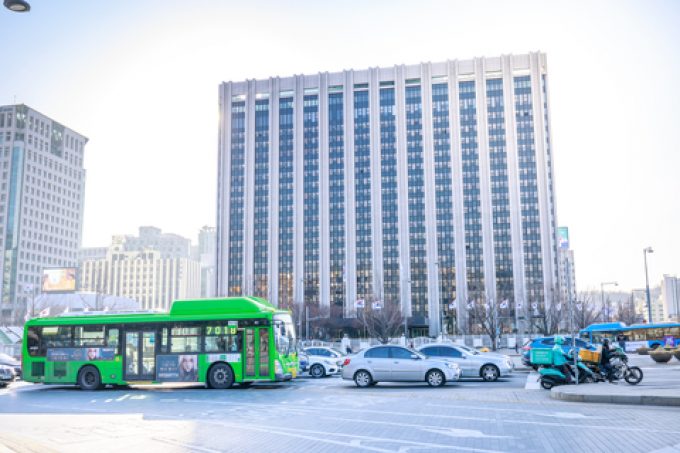Twill set for volume boost as it supports South Korean SME exports
Maersk’s under-the-radar digital freight platform, Twill, could be set to a receive a volume boost ...

South Korea president Yoon Suk-yeol has announced $260bn package of measures to ease inflationary pressure and boost exports.
Included is a $6.6m package to subsidise some 750 small and mid-sized exporters’ logistics costs and boost South Korea’s export competitiveness.
Seoul is also considering increasing the free storage duration for outbound containers, from three to four days, in Busan, the country’s main container port.
In addition, around $44m will be set aside for low-interest loans to SMEs suffering financial difficulties.
Since August, the Korea International ...
Maersk Air Cargo sees volumes fall as it aims for 'margin in favour of revenue'
Keep our news independent, by supporting The Loadstar
Container spot rates diverge: to Europe still falling, but firmer to the US
Hapag-Lloyd won't take bookings if port congestion leaves cargo stranded
Ecommerce likely the front-runner in resurge of transpacific trade after deal
Airfreight players eye new routes as demand on the transpacific nosedives
China-US trade tariff pause could drive a rebound for transpacific rates
Service chaos from trade ban with India a problem for Pakistan shippers
Airfreight rates ex-China 'loss-making', but hopes of a trade deal stay high
Indian coastal freight attracts major carriers, but regional tension disrupts
Serious threat to jobs in US logistics as tariffs cause economic 'stagflation'
APMM floats along on 'solid' Q1 profitability in Ocean, well prepared for choppy water

Comment on this article